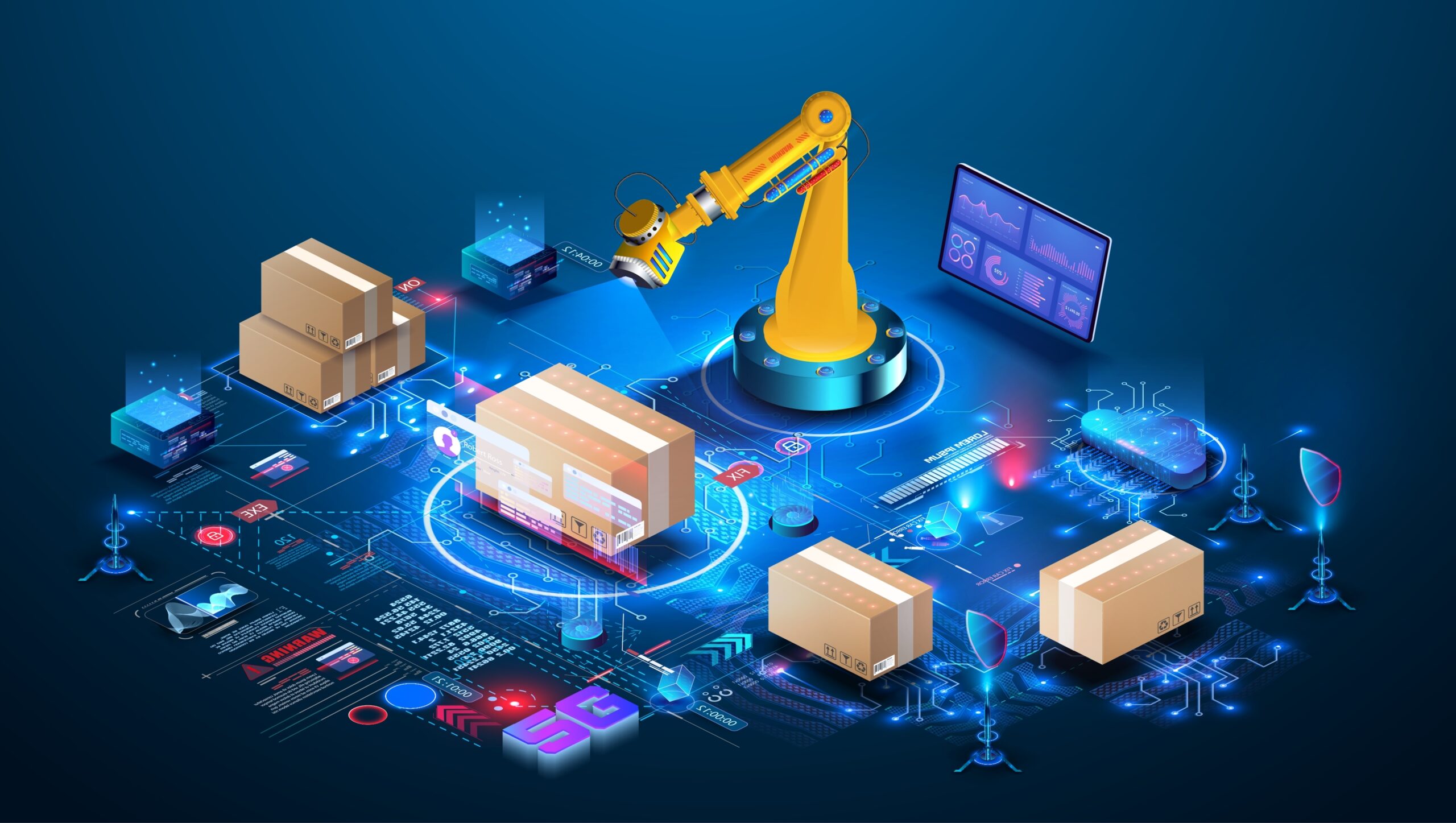Unlocking the Potential: How AI is Transforming Supply Chain Management
In today’s fast-paced and ever-changing world, the need for efficient and effective supply chain management has never been more crucial. As businesses strive to stay ahead of the competition and meet the increasing demands of consumers, the integration of artificial intelligence (AI) into supply chain operations has become a game-changer. From revolutionizing logistics to automating optimization, AI is reshaping the way businesses manage their supply chains.
The first point on our list focuses on the revolutionary impact of AI on logistics. Traditionally, logistics has been a complex and time-consuming process, requiring meticulous planning and coordination to ensure goods are delivered on time and in the most cost-effective manner. However, with the advent of AI technology, logistics has been transformed into a streamlined and efficient operation. AI algorithms can analyze vast amounts of data in real-time, enabling businesses to make faster and more informed decisions regarding inventory management, route optimization, and delivery scheduling.
One of the key ways in which AI is revolutionizing logistics is through the use of predictive analytics. By analyzing historical data and trends, AI algorithms can predict future demand patterns, allowing businesses to optimize their inventory levels and reduce the risk of stockouts or overstock situations. This not only helps businesses save on storage costs but also improves customer satisfaction by ensuring products are always available when needed.
Furthermore, AI is also transforming the way businesses optimize their supply chain operations. Automated optimization algorithms can quickly evaluate different scenarios and recommend the most cost-effective and efficient solutions. This can include optimizing transportation routes, determining the best warehouse locations, or even predicting potential disruptions in the supply chain. By automating these optimization processes, businesses can save time and resources while also improving the overall performance of their supply chain.

Image Source: nats.ca
Overall, the integration of AI into supply chain management has the potential to unlock new opportunities and drive significant efficiencies for businesses. By harnessing the power of AI technology, businesses can revolutionize their logistics operations, improve their predictive analytics capabilities, and automate their optimization processes. In doing so, they can stay ahead of the competition, meet the demands of consumers, and ultimately achieve greater success in today’s competitive marketplace.
From Predictive Analytics to Automated Optimization
In the ever-evolving world of supply chain management, staying ahead of the curve is crucial. One of the key ways in which companies are unlocking the potential of their supply chains is through the use of predictive analytics and automated optimization powered by artificial intelligence (AI). This cutting-edge technology is revolutionizing the way businesses manage their supply chains, leading to increased efficiency, cost savings, and improved customer satisfaction.
Predictive analytics is a powerful tool that enables companies to forecast demand, identify potential risks, and optimize their inventory levels. By analyzing historical data and trends, businesses can make more informed decisions about when and where to allocate resources, leading to more efficient operations and reduced waste. This not only saves time and money but also ensures that products are delivered to customers in a timely manner, enhancing overall satisfaction.
But predictive analytics is just the beginning. With the advent of AI, companies now have the ability to automate the optimization of their supply chains in real-time. By leveraging machine learning algorithms, AI can analyze vast amounts of data to continuously optimize processes such as production scheduling, transportation routes, and inventory management. This not only streamlines operations but also allows companies to quickly adapt to changing market conditions, giving them a competitive edge in today’s fast-paced business environment.
One of the key benefits of automated optimization is its ability to identify inefficiencies and bottlenecks in the supply chain that may not be immediately apparent. By continuously monitoring and adjusting processes, AI can help businesses identify areas for improvement and implement changes to drive greater efficiency and cost savings. This proactive approach to supply chain management can result in significant benefits, from reduced lead times to lower operating costs.
Furthermore, automated optimization can help businesses mitigate risks and respond to disruptions more effectively. By analyzing real-time data and market trends, AI can anticipate potential issues and recommend strategies to minimize their impact. For example, AI-powered supply chain systems can reroute shipments in response to unexpected delays or adjust production schedules to account for changing demand. This level of agility is crucial in today’s global marketplace, where even small disruptions can have far-reaching consequences.
In addition to improving operational efficiency, AI-powered supply chain management can also enhance customer satisfaction. By optimizing processes and ensuring on-time delivery, businesses can meet customer expectations and build loyalty. AI can even personalize the customer experience by analyzing data on past purchases and preferences to recommend relevant products or promotions. This level of customization not only drives sales but also fosters long-term relationships with customers.
Overall, the shift from predictive analytics to automated optimization represents a significant advancement in supply chain management. By harnessing the power of AI, businesses can streamline operations, reduce costs, and improve customer satisfaction. The ability to continuously optimize processes in real-time allows companies to stay competitive in today’s fast-paced business environment and adapt to changing market conditions. With AI as a strategic ally, the possibilities for unlocking the potential of supply chains are endless.
The Role of AI in Revolutionizing Supply Chain Management